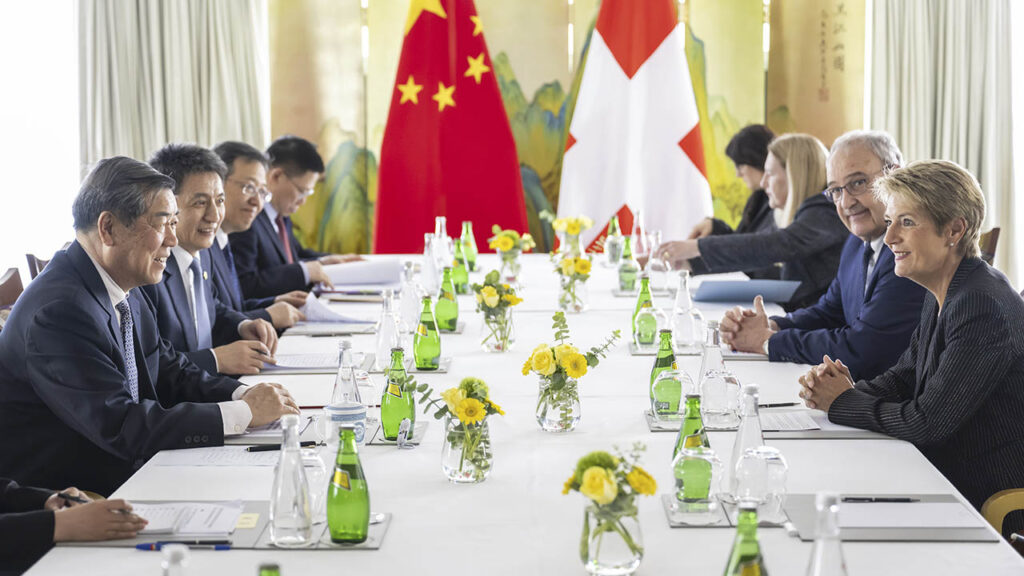Share
Muslim Americans gave more to charity in 2020 than non-Muslims, we found in a new study. They are also more likely to volunteer, we learned.
Only 1.1% of all Americans are Muslim, and their average income is lower than non-Muslims’. But as we explained in our Muslim American Giving 2021 report, their donations encompassed 1.4% of all giving from individuals. U.S. Muslims, a highly diverse and quickly growing minority, contributed an estimated $4.3 billion in total donations to mostly nonreligious causes over the course of the year.
As philanthropy scholars, we believe our findings are significant not only because this is the first time that we can see the size and scope of giving by this small and highly diverse community, but also because U.S. Muslims face a great deal of discrimination.
Giving More, Including to Civil Rights Causes
We partnered with Islamic Relief USA, a nonprofit humanitarian and advocacy organization, to conduct this study. Our findings came from our survey of more than 2,000 Americans, half of whom were Muslim, that the SSRS research firm carried out from March 17 through April 7, 2021. It has a margin of error of plus or minus 3 percentage points.
Participants answered questions regarding their faith customs, donation practices, and volunteer work, along with which causes they support and their concerns about COVID-19. We also inquired about how economic and political uncertainty and financial well-being influenced their giving and volunteering. Finally, we also examined whether they had experienced discrimination and their views about the level of discrimination in society.
We found that Muslim Americans gave more to charity, donating an average of $3,200, in 2020, versus $1,905 for other respondents. They also differed from non-Muslims in many ways. For example, nearly 8.5% of their contributions supported civil rights causes, compared with 5.3% of the general public.
We believe this elevated level of giving reflects efforts to fight Islamophobia, a fear of Islam grounded in bigotry and hatred against Muslims. Likewise, Muslims gave more to enhance public understanding of their faith. About 6.4% of their giving funded religious research, compared with 4% from other sources.
Muslim Americans further defied Islamophobic tropes through the causes they support. For example, about 84% of Muslim American donations support U.S. charitable causes, with only 16% of this money going abroad. That conflicts with an erroneous belief that Muslim Americans mainly support overseas causes.
COVID-19 Relief
The other top secular charitable priorities of Muslim Americans were domestic poverty relief and responses to the COVID-19 pandemic.
Donations to causes that sought to alleviate the toll COVID-19 has taken on U.S. health, employment and food security comprised 8.8% of Muslim American faith-based giving, versus 5.3% for non-Muslims. Additionally, these donations also comprised a large part of Muslim Americans’ non-faith giving. Muslims gave 14.3% of their non-faith giving to COVID-19 causes, a sharp contrast with others. Among the non-Muslim population we surveyed, 6.7% of non-faith giving backed these kinds of charities.
We attribute this pattern to the fact that Muslim Americans are overrepresented among medical professionals and front-line workers. For example, 15% of physicians and 11% of pharmacists in Michigan are Muslim Americans. In New York City, Muslim Americans make up 10% of the city’s physicians, 13% of the pharmacists and 40% of cab drivers, all of whom were designated essential workers.
Faith Amplifies Giving
All observant Muslim adults with the means to do so are expected to give to charity in adherence to faith-based traditions. One, known as Zakat, is more formal and among the five pillars of Islam that Muslims are expected to adhere to. Another, sadaqah, happens voluntarily.
That made us want to see if religiosity played a role with the charitable patterns of U.S. Muslims. It turns out that Muslims who displayed higher levels of religiosity, such as by praying more often, were also more likely to give to charity than those who prayed less frequently. We found similar trends among non-Muslims.
We plan to conduct this study annually for the next four years and will keep an eye on how Muslim giving patterns change over time. Furthermore, we will add additional questions to further illuminate how faith-based and secular motivations are shaping Muslim American giving.
This article was written by Shariq Siddiqui, IUPUI and Rafeel Wasif, Portland State University for The Conversation, an independent and nonprofit source of news, analysis and commentary from academic experts.
The Conversation is wholly responsible for the content.
RELATED TOPICS:
Two Teens Charged in Shooting Death of Caleb Quick
1 day ago
Soviet-Era Spacecraft Plunges to Earth After 53 Years Stuck in Orbit
1 day ago
Tax the Rich? Slash Spending? Republicans Wrestle With Economic Priorities in the Trump Era
1 day ago
Experts Call Kennedy’s Plan to find Autism’s Cause Unrealistic
1 day ago
Trump’s Trip to Saudi Arabia Raises the Prospect of US Nuclear Cooperation With the Kingdom
1 day ago

US-China Tariff Talks to Continue Sunday, an Official Tells The Associated Press

Two Teens Charged in Shooting Death of Caleb Quick
















